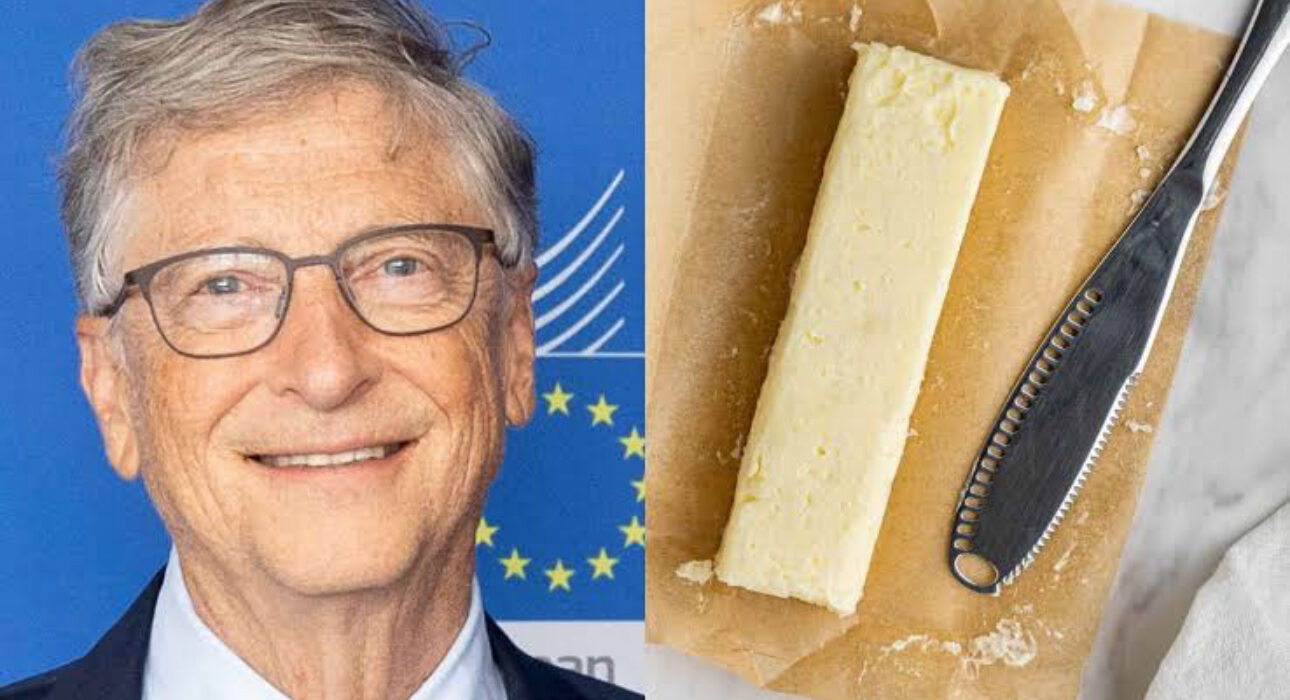Bill Gates-Backed Startup Launches Animal-Free Carbon Butter

A California startup, Savor, has unveiled a groundbreaking butter alternative made entirely from carbon, developed without the use of animals, plants, or traditional oils. Backed by Bill Gates’ Breakthrough Energy Ventures, the innovation uses a proprietary thermochemical process to transform carbon dioxide captured from the air and hydrogen derived from water into fat molecules that are chemically identical to those found in dairy butter.
According to the company, the result is a product that matches the taste, texture, and cooking performance of conventional butter, yet requires no farmland and produces almost zero greenhouse gas emissions. The process uses less than one-thousandth the water of traditional agriculture and eliminates the environmental costs associated with dairy farming or palm oil production. Gates, who has tasted the product, described it as “really good like the real thing, because chemically it is.”
Savor’s carbon-based butter made its commercial debut on March 20, 2025, targeting restaurants, bakeries, and packaged goods manufacturers before an expected retail rollout in 2027. Michelin-starred chefs and artisan bakeries are among the early adopters, with upcoming collaborations including carbon-based chocolates for the 2025 holiday season.
Environmental analysts have noted the product’s potential to significantly cut the carbon footprint of the food industry. While traditional dairy butter generates nearly 17 kilograms of CO₂ equivalent per kilogram produced, Savor’s version emits less than one gram. The company has secured a self-affirmed GRAS (Generally Recognized As Safe) designation from the U.S. Food and Drug Administration, paving the way for wider distribution.
With a pilot facility in Batavia, Illinois, and expanded research operations in San Jose, Savor aims to scale production over the next two years, positioning its innovation as a sustainable alternative to both dairy fats and industrial oils. The launch marks a significant milestone in food technology, showing how carbon capture and molecular synthesis can reshape the future of everyday foods.









